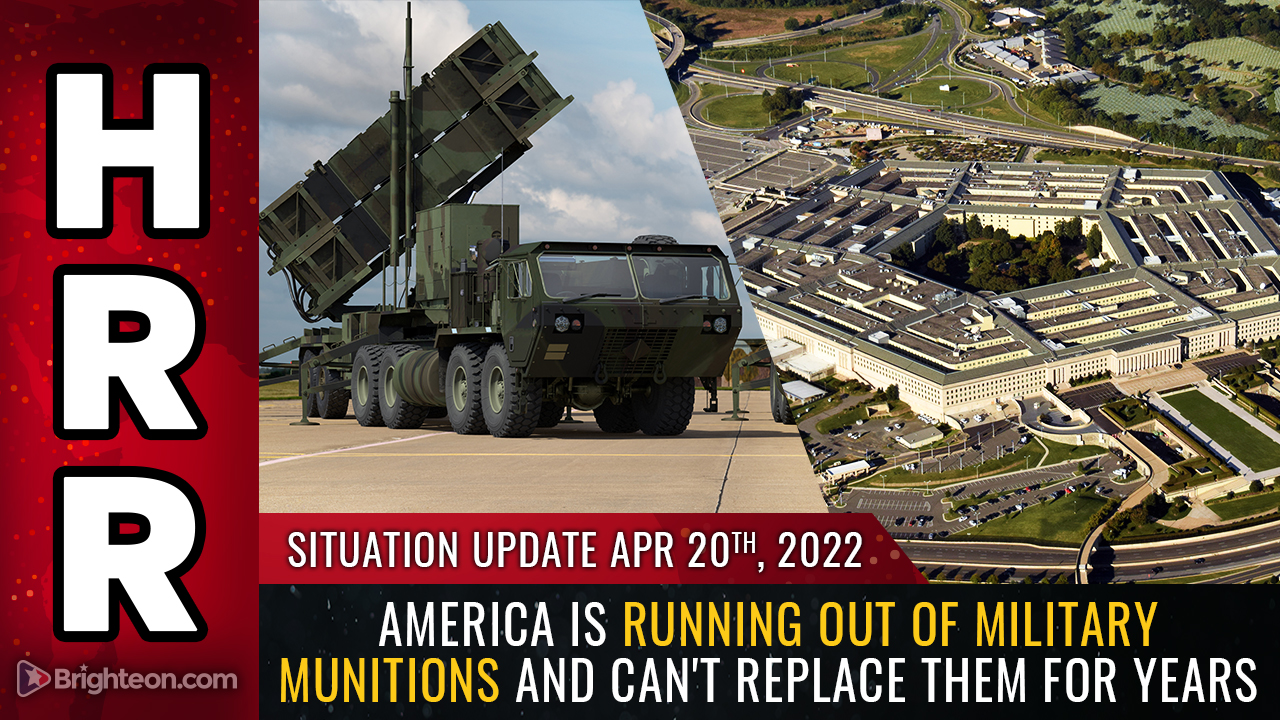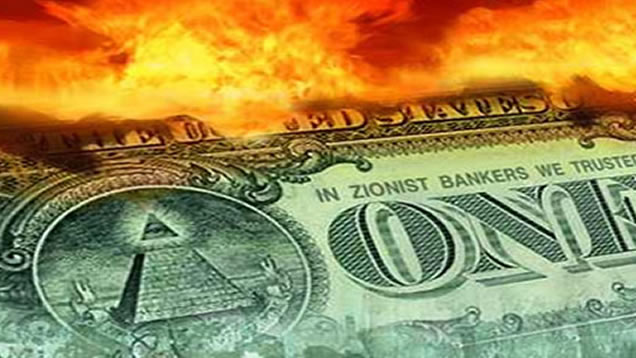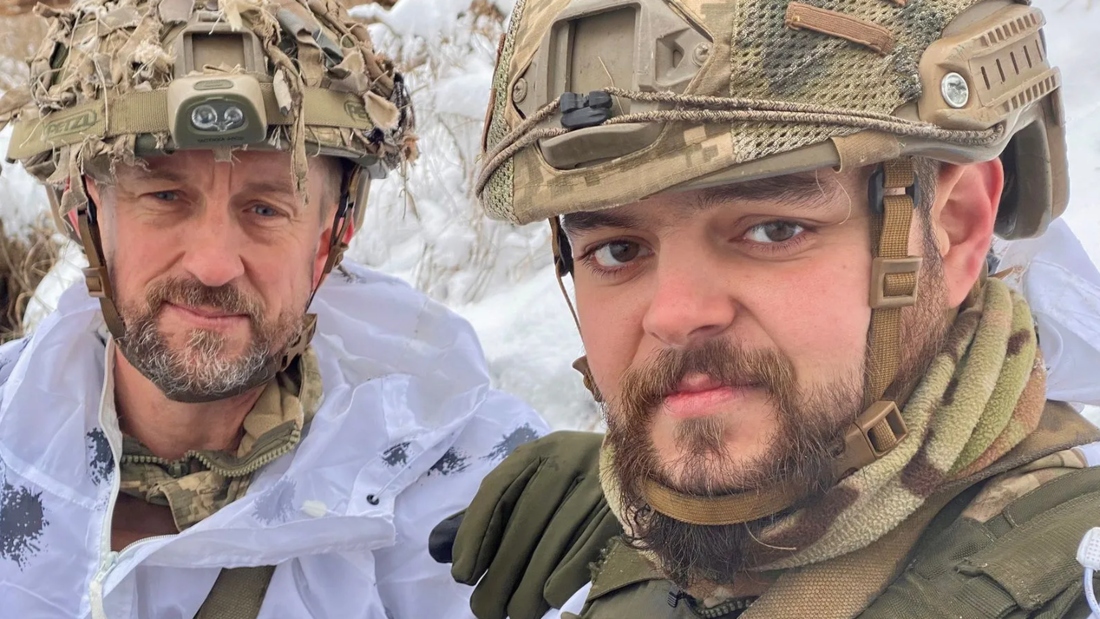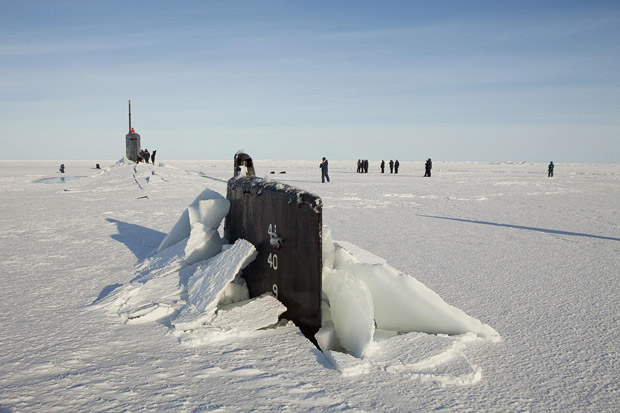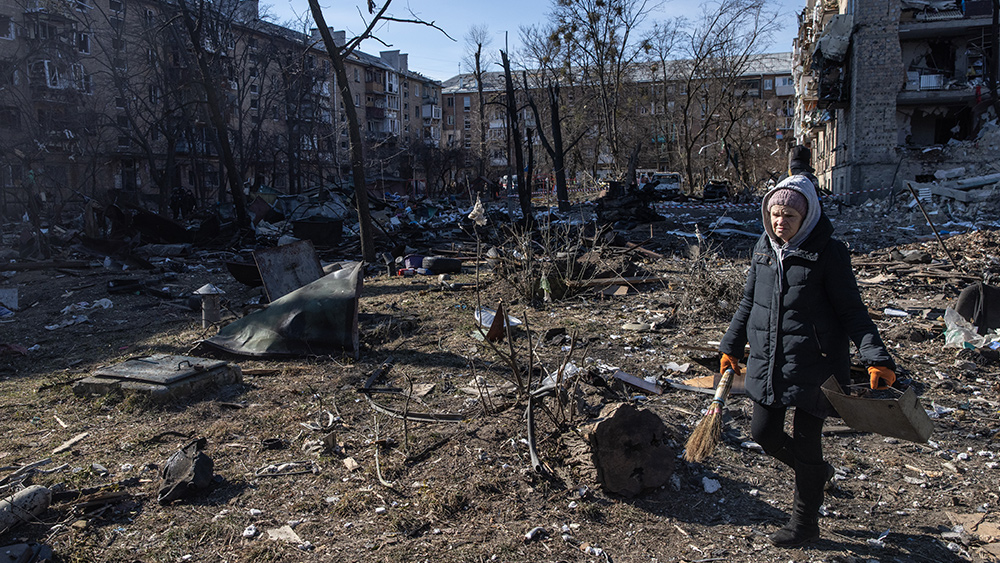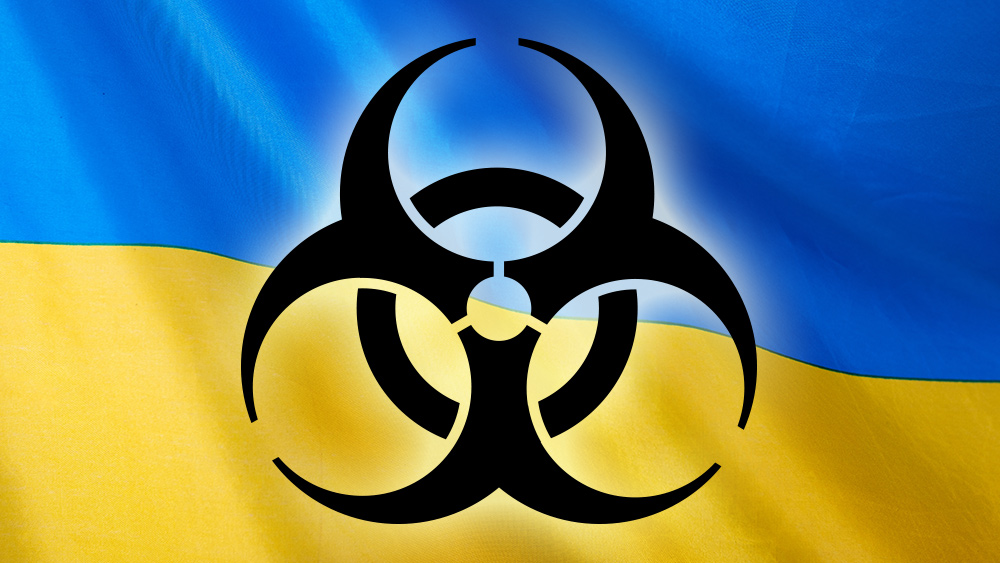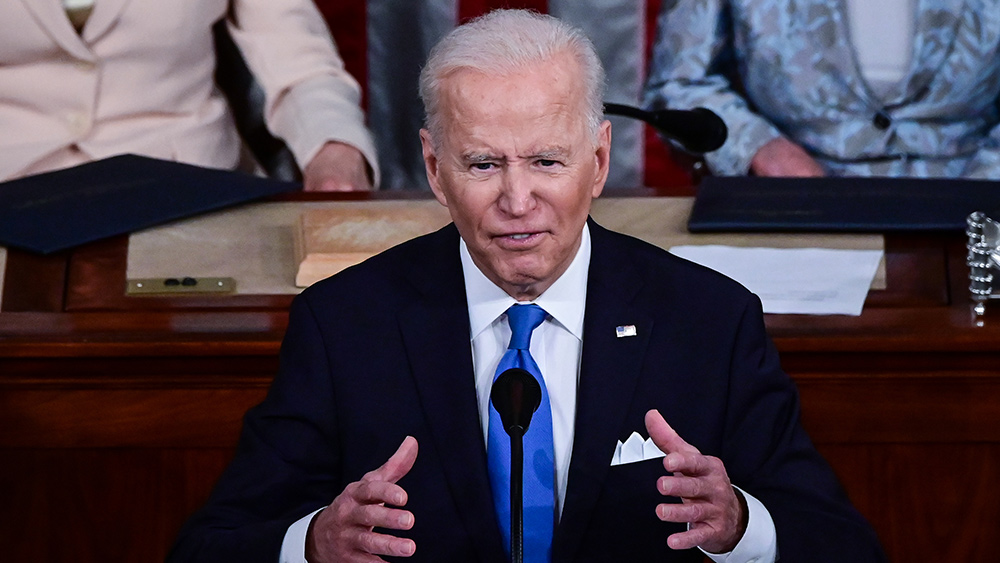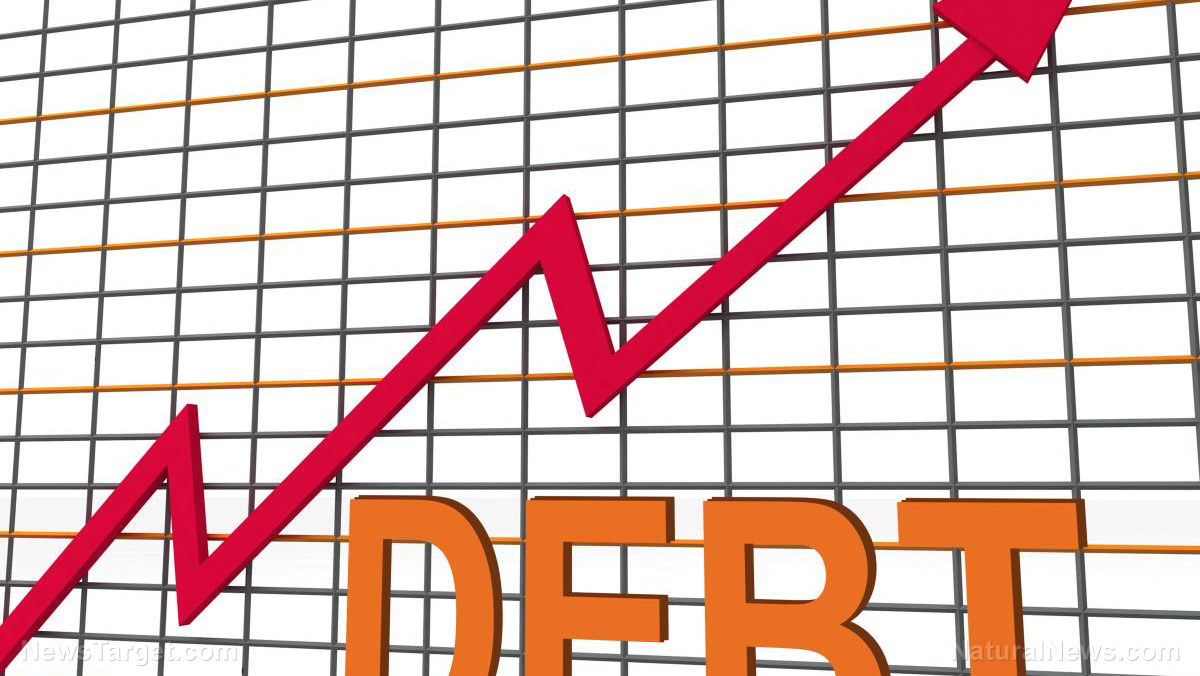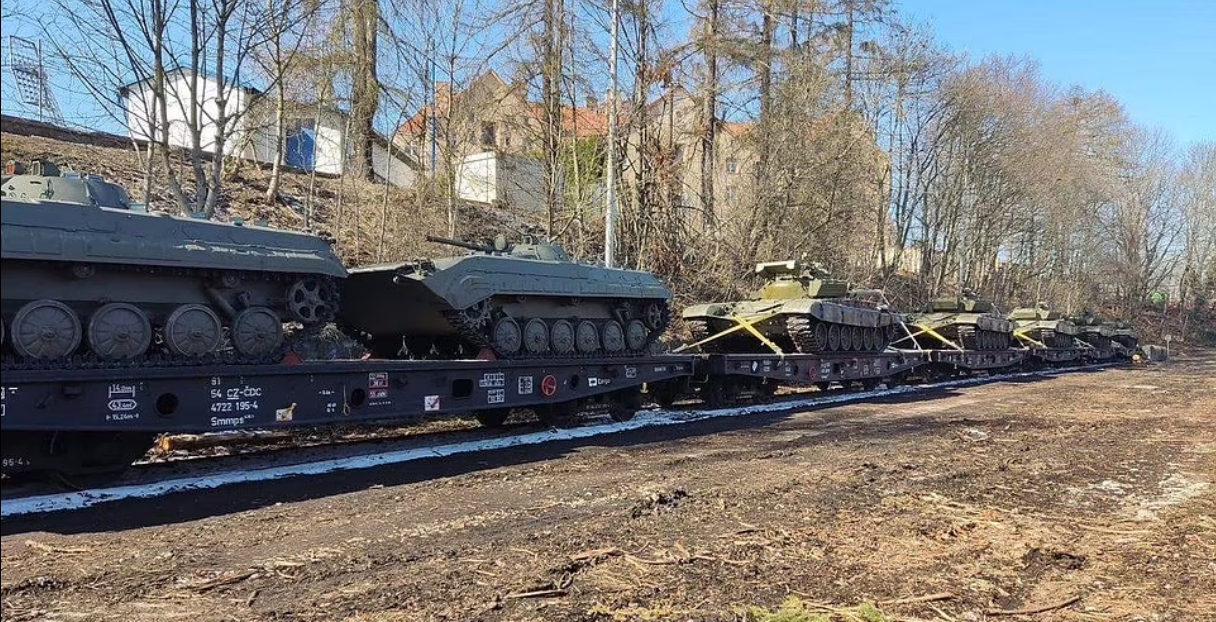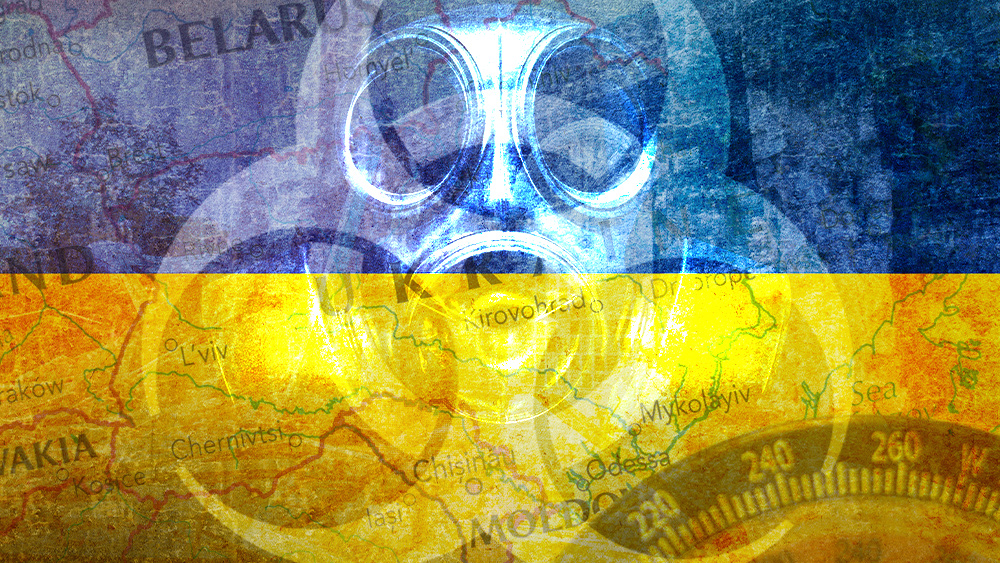Calling all space warriors: The Air Force wants to train “space operators” for combat
04/09/2018 / By Edsel Cook
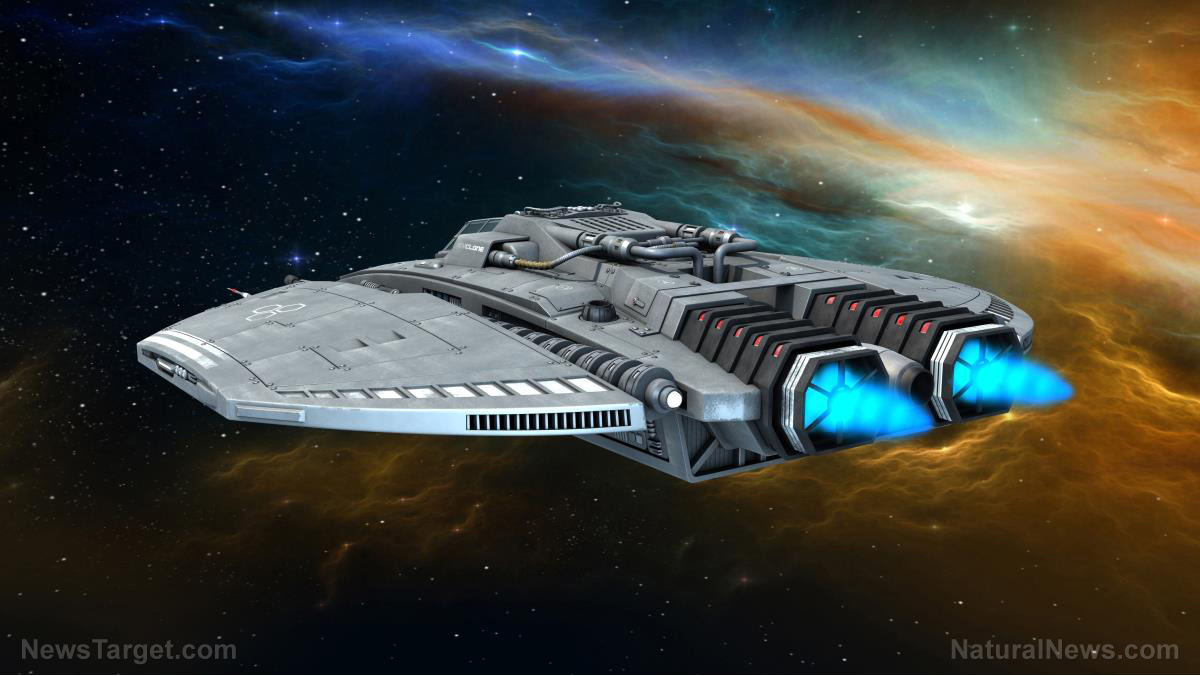
A senior military officer of the Air Force Space Command (Space Command) wants to turn satellite technicians from mere technical support into “space operators”, reported a Space.com article.
“We are at the war fighter table. We are not in the cheap seats anymore,” warns Maj. Gen. Joseph Guastella Jr. during a recent Mitchell Institute meeting in Capitol Hill.
The Director of Integrated Air, Space, Cyberspace and Intelligence, Surveillance and Reconnaissance Operations for Space Command started out as a fighter pilot. He is now pushing for the adoption of a truly “space operator” culture.
In a war with China or Russia, satellite technicians will need the right skills to defend their platforms from enemy attack. Space Command has responded to this perception by breaking down the cultural barrier between the air and space professions.
“We are in a cultural shift to a war-fighting mentality,” Guastella says regarding the move towards a unified force of space operators.
To this end, Space Command has begun holding training exercises in virtual reality. During these “Space Flag” events, satellite technicians must react to enemy attempts to take down U.S. communications, missile warning, and navigation satellites.
According to Guastella, the goal of Space Flag is to provide realistic training to space operators.
“Operators have to decide: Can I maneuver my satellite and stay on mission? Or do I need to do something more drastic, come off mission and survive? What other assets out there can help me?” he cites.
The general claims that war commanders usually consider satellite technicians as technical support. But he believes that Space Command will assume a primary role in any future conflict. (Related: DARPA researching method to put injured soldiers into suspended animation to buy more time for help to arrive.)
From tech support to space warriors
Space forces tend to be relegated to the sidelines during Air Force training exercises like Red Flag. Space Command leaders like Guastella are working on modifying that preconception. For example, Air Force pilots have access to realistic combat simulators. But Guastella complains that simulators for space operators expect a benign environment. This prompted the Air Force to ask for funding to develop simulators that feature hostile scenarios in space.
The Air Force also holds the Shriever War Games, which are major strategic drills that focus on space assets and capabilities. Held at Colorado Springs, Colorado for decades, these yearly events test new concepts and technologies. Guastella says the Shriever games can identify future capabilities that Space Command will need years down the line. That way, officials can pick the most important next-generation equipment based on its benefits to space operators. Space Flag and the Shriever rehearsals are not just ways to train space and intelligence operators. They’re also meant to impress “big decision makers” who control budgets and policy.
The growing threat in space is part of a space operator’s duty
The United States is growing concerned about the ability of foreign powers to threaten its extensive constellations. China and Russia, in particular, have announced or demonstrated new anti-satellite missiles and signal jamming capabilities that could blow American satellites out of the sky. Some U.S. defense officials believe the current generation of military satellites are too big, expensive, and vulnerable to attack. They want larger constellations of compact satellites that offer greater robustness.
“Everything is on the table,” says Guastella, who refuses to take sides on that debate. He does say that enemies of the U.S. will always brandish threatening new technology. “Bad guys come up with new widgets. We figure out a way to change our tactics, techniques and procedures,” he explains.
Read more defense articles at NationalSecurityNews.com.
Sources include:
Submit a correction >>
Tagged Under:
anti-satellite missile, military satellites, realistic combat simulators, satellite technicians, satellite vulnerabilities, Space forces, space operators, space professions, Space Warfare, U.S. Space Command, virtual reality training, war fighter table, war games, war-fighting mentality, Warrior Culture, world war
This article may contain statements that reflect the opinion of the author
RECENT NEWS & ARTICLES
COPYRIGHT © 2017 WWIII NEWS


